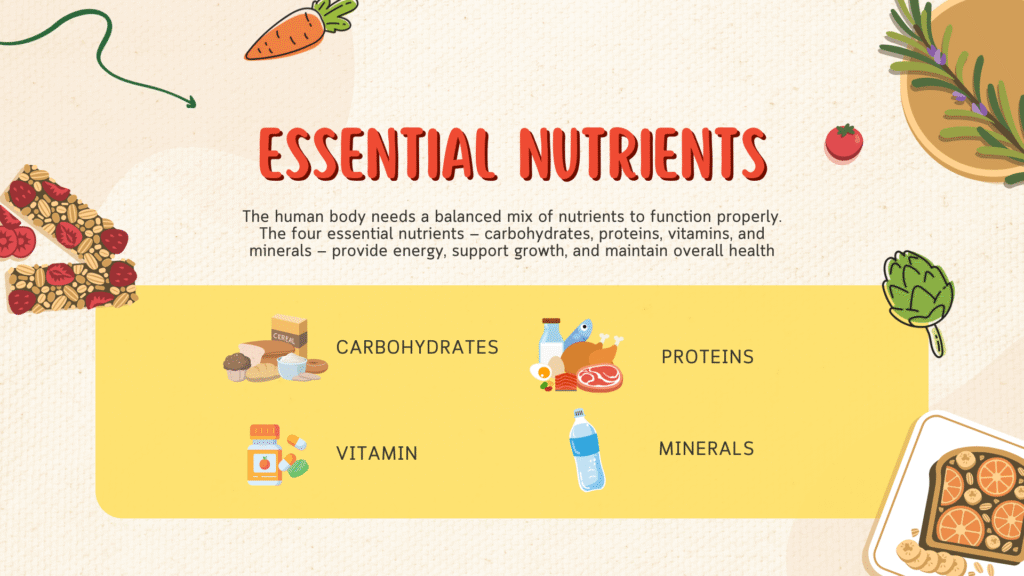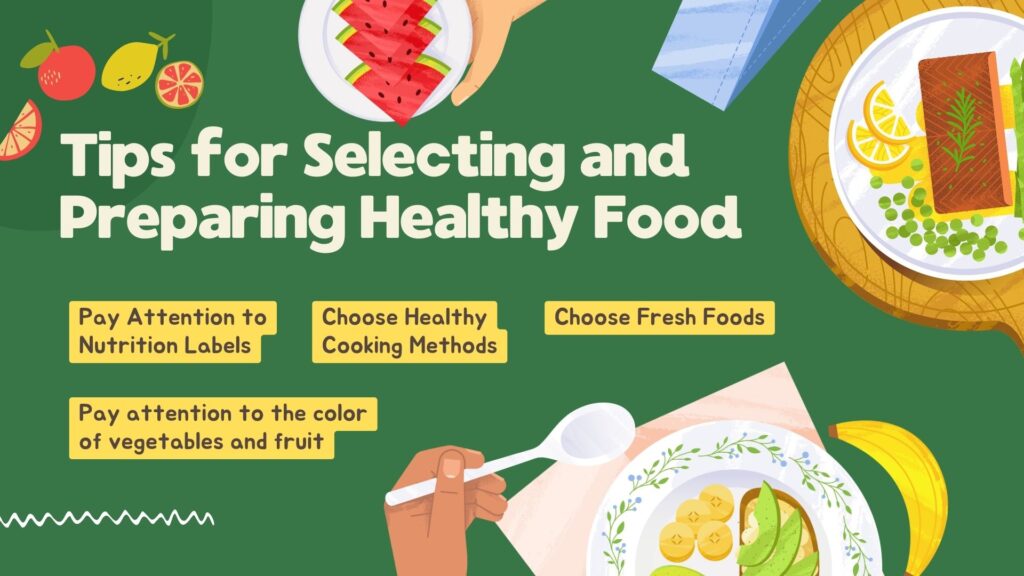
Maintaining a balanced diet has become more important than ever in 2025. With fast food chains around every corner and busy lifestyles pushing people toward quick snacks, many often overlook the importance of healthy eating. Yet, the truth is simple: the food you eat shapes your energy levels, mental clarity, and overall well-being.
In this blog, we’ll explore practical healthy eating tips that can help you stay fit, improve your immunity, and support long-term health. Whether you are aiming to lose weight, build muscle, or just feel more energized, these strategies will work for you.
Why Healthy Eating Matters
Food isn’t just fuel — it’s information for your body. Every bite sends signals that can either promote good health or lead to issues like fatigue, obesity, diabetes, and even heart disease. By adopting healthy diet tips, you’re not just avoiding illnesses, you’re actively building a stronger, more resilient body.
1. Start with Whole, Unprocessed Foods
Whole foods like vegetables, fruits, whole grains, nuts, seeds, and lean proteins should form the foundation of your diet. Processed foods are often filled with excess sugar, sodium, and preservatives that harm long-term health.
👉 Pro Tip: Shop around the perimeter of the grocery store where fresh produce, dairy, and meats are usually placed.

2. Focus on Balanced Plates
A balanced plate usually contains:
- ½ vegetables and fruits
- ¼ lean protein (chicken, beans, fish, tofu)
- ¼ whole grains (brown rice, oats, quinoa)
This simple visual can guide you at every meal.
3. Practice Portion Control
Eating healthy food doesn’t mean overeating. Even nutritious meals can add extra calories if portions are too large. Use smaller plates, avoid eating directly from packages, and listen to your hunger cues.
4. Stay Hydrated
Water supports digestion, nutrient absorption, and energy. Dehydration can make you feel tired and even mimic hunger. Aim for at least 8 glasses of water daily, and more if you are active.
5. Choose Healthy Snacks
Instead of chips and cookies, pick:
- Fresh fruit with nut butter
- Yogurt with berries
- Handful of almonds
- Hummus with carrot sticks
These healthy food tips keep energy stable throughout the day.
6. Limit Added Sugars
Excess sugar spikes blood glucose levels, drains energy, and contributes to weight gain. Try swapping soda for sparkling water with lemon or opting for dark chocolate instead of candy bars.
7. Plan Meals Ahead
Meal prepping helps avoid unhealthy choices during busy hours. Spending a few hours on Sunday cooking grains, proteins, and vegetables makes weekday meals faster and healthier.

8. Don’t Skip Breakfast
A protein-rich breakfast helps control cravings and stabilizes blood sugar. Examples:
- Oatmeal with chia seeds and banana
- Greek yogurt with nuts
- Scrambled eggs with spinach
9. Eat More Fiber
Fiber improves digestion, lowers cholesterol, and keeps you full longer. Sources include oats, beans, whole wheat bread, lentils, and leafy greens.
10. Practice Mindful Eating
Eating slowly, chewing well, and avoiding distractions like TV or phones can help prevent overeating. Mindful eating connects you with your body’s hunger and fullness signals.
11. Include Lean Proteins
Proteins repair tissues, build muscle, and boost metabolism. Opt for chicken, turkey, fish, eggs, lentils, and beans. Plant-based proteins are great alternatives for vegetarians and vegans.
12. Seek Professional Guidance
Everyone’s body is different. For personalized advice for a healthy diet, consult a nutritionist or dietitian, especially if you have medical conditions or specific health goals.
Healthy Weight Loss Tips
If your goal is weight loss, focus on sustainable habits instead of quick fixes:
- Cut sugary drinks
- Stick to whole foods
- Move your body daily
- Get enough sleep
These healthy weight loss tips ensure you shed pounds gradually while keeping energy high.

Common Mistakes to Avoid
- Skipping meals (leads to overeating later)
- Relying too much on supplements instead of food
- Drinking calories through sodas and alcohol
- Following fad diets without long-term planning
Practical Examples of Healthy Meals
- Breakfast: Scrambled eggs + avocado toast + green tea
- Lunch: Grilled salmon + quinoa + mixed vegetables
- Snack: Apple + handful of walnuts
- Dinner: Lentil soup + whole wheat bread + salad
Conclusion
Eating well doesn’t mean strict dieting or depriving yourself of favorite foods. Instead, it’s about making smarter choices daily. These healthy eating tips are practical, science-backed, and easy to adopt. By focusing on whole foods, portion control, and mindful habits, you can enjoy better energy, a stronger immune system, and long-term wellness.
Remember: Small changes add up to big results. Start today, and your future self will thank you.
How can I eat healthy on a budget?
Buy seasonal produce, frozen vegetables, whole grains in bulk, and cook at home.
Can I still enjoy desserts on a healthy diet?
Yes! Opt for small portions, or healthier swaps like fruit salad, dark chocolate, or yogurt with honey.
How do I stay motivated to eat healthy long-term?
Set realistic goals, meal prep, and remember that balance matters more than perfection.



